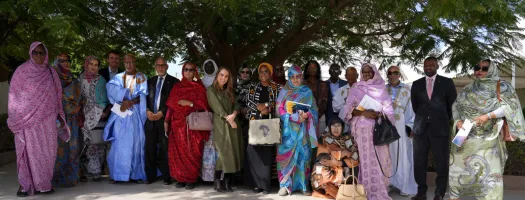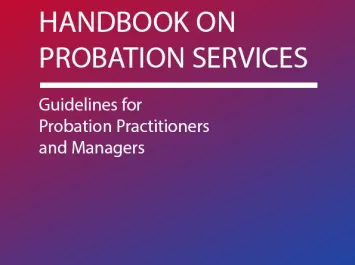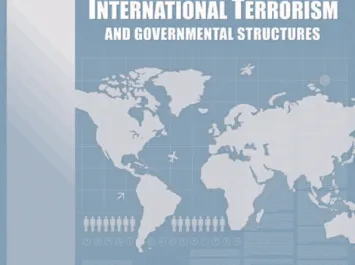UNICRI presented its latest research report, Voices of Resilience: A Gender Needs Analysis on Preventing Violent Extremism in the Sahel, during a launch event in Nouakchott, Mauritania. This report reflects the Institute’s commitment to advancing knowledge and fostering awareness regarding the complex interplay between gender power dynamics and violent extremism. The research was conducted in the context of the project Gender-based Discrimination and Prevention of Violent Extremism (PVE) in the Sahel, generously supported by the Korea International Cooperation Agency (KOICA).
In line with the UN Security Council's resolution 1325 on Women, Peace and Security (WPS), UNICRI’s research underscores the centrality of promoting initiatives to prevent and counter violent extremism (P/CVE) through a gender-sensitive and gender-responsive approach. This aligns with UNICRI’s broader focus on Sustainable Development Goal (SDG) 16, advocating for peaceful and inclusive societies, access to justice for all, and effective, accountable, and inclusive institutions. Additionally, it aligns with the United Nations' consideration of SDG 5, highlighting the centrality of gender equality and the empowerment of women and girls for the achievement of the 2030 Agenda for Sustainable Development.
The launch event in Nouakchott marked a pivotal moment as UNICRI’s representatives shared the research results. Participants, including the Antenne nationale de lutte contre la radicalisation et l’extrémisme violent, the Commissariat aux droits de l'homme, à l'action humanitaire et aux relations avec la société civile, and representatives of women’s organisations commended UNICRI’s report for bringing to light pertinent, sensitive, and practical field-collected data. They emphasized the value of such research in understanding the critical needs of women, girls, men, and boys, serving as a foundation for developing context-specific initiatives to prevent violent extremism.
The event concluded with an open dialogue session where local partners, experts, and civil society actors shared essential contributions to shape the discourse surrounding the prevention of violent extremism in the region. Notably, representatives highlighted the relevance of collaborating with women's religious guides to disseminate alternative narratives and discourse promoting peace. Acknowledging the significance of working in rural areas, they also underlined the importance of reaching communities often overlooked in mainstream interventions. Furthermore, they stressed the importance of involving diverse segments of the population, including young people, in the ongoing efforts to prevent violent extremism.
These invaluable insights and perspectives will further inform UNICRI’s future capacity-building activities in the second phase of the project, emphasising nuanced strategies and amplifying local voices to design effective P/CVE initiatives.
UNICRI is dedicated to tailoring interventions to community-specific needs and drawing from the diverse experiences shared during the event. This collaborative, inclusive approach represents a comprehensive strategy to address multifaceted challenges in the region.
The launch event highlighted the importance of collaboration in preventing violent extremism, positioning UNICRI's research as a guiding force toward a future where inclusivity and resilience are integral to global peace and sustainable development.
To read the report:
Additional information:



